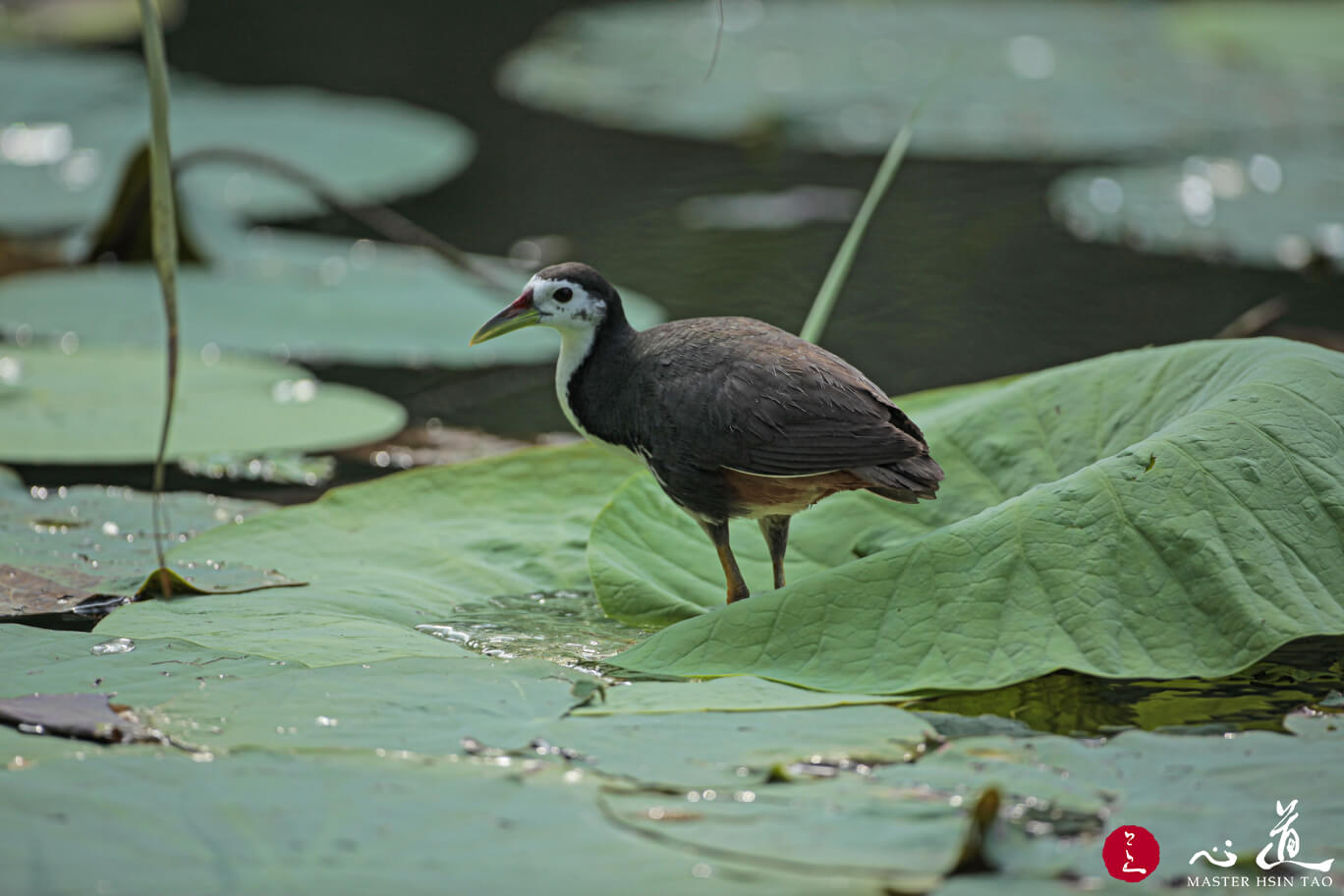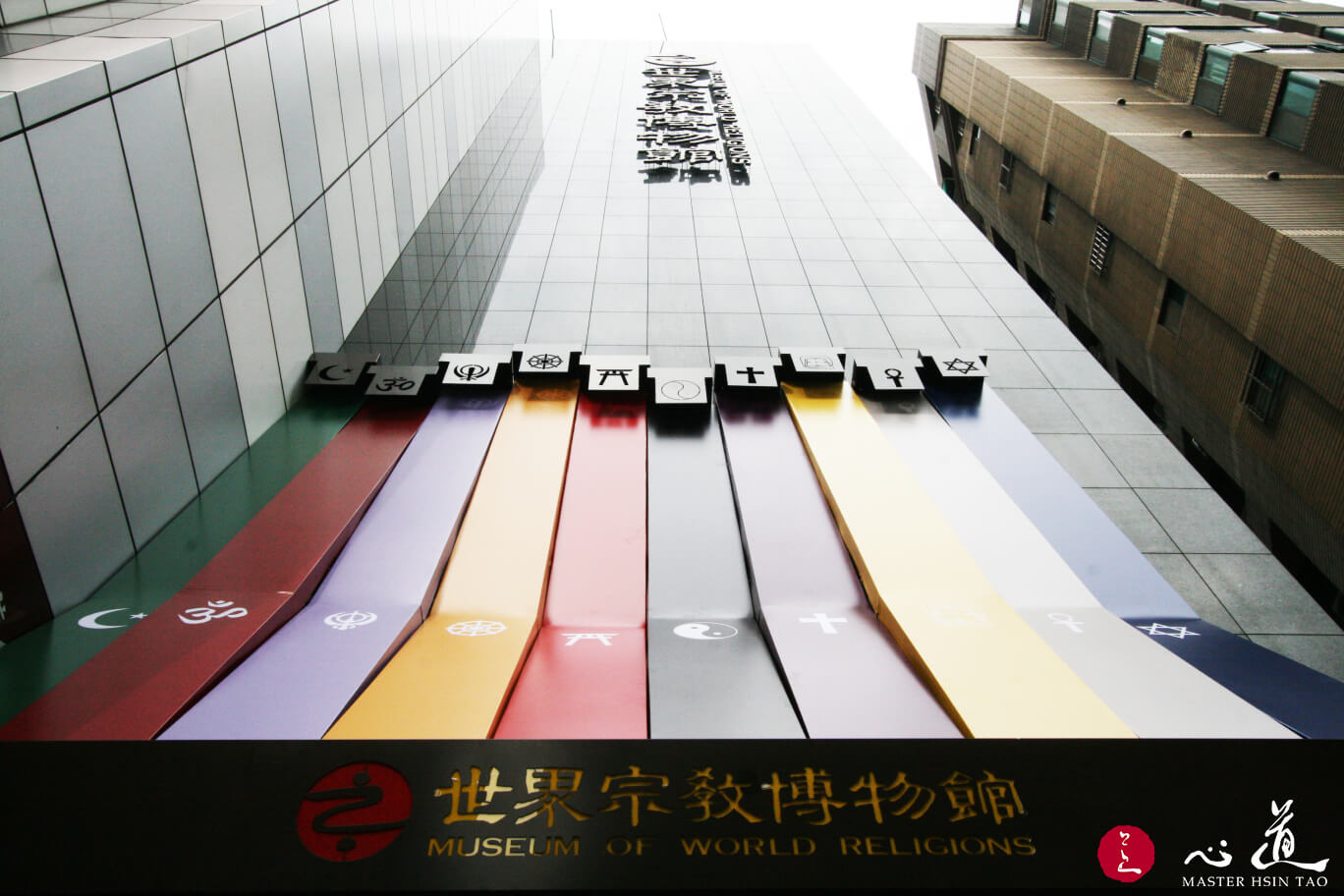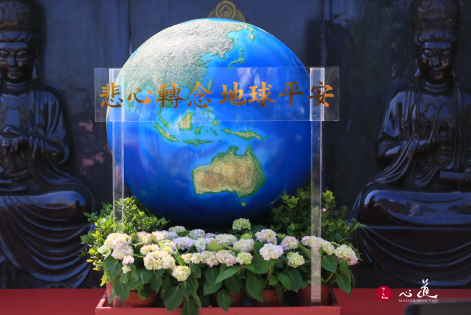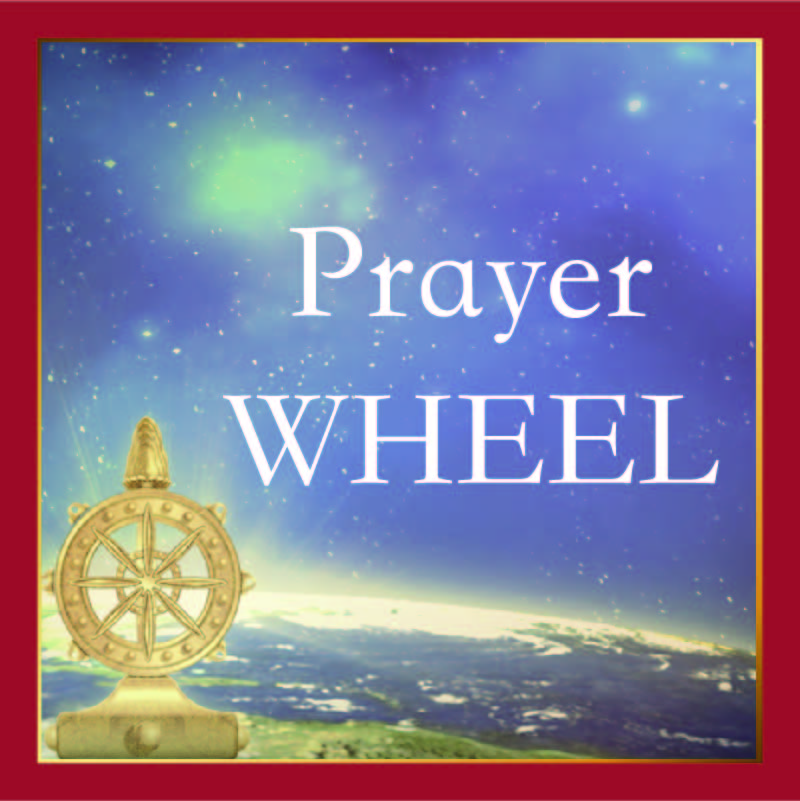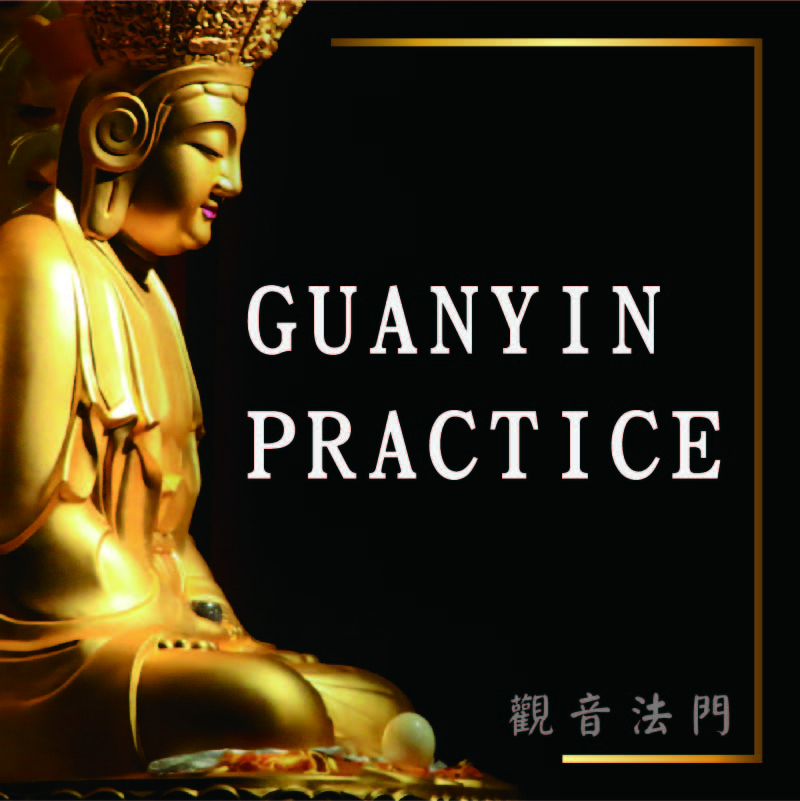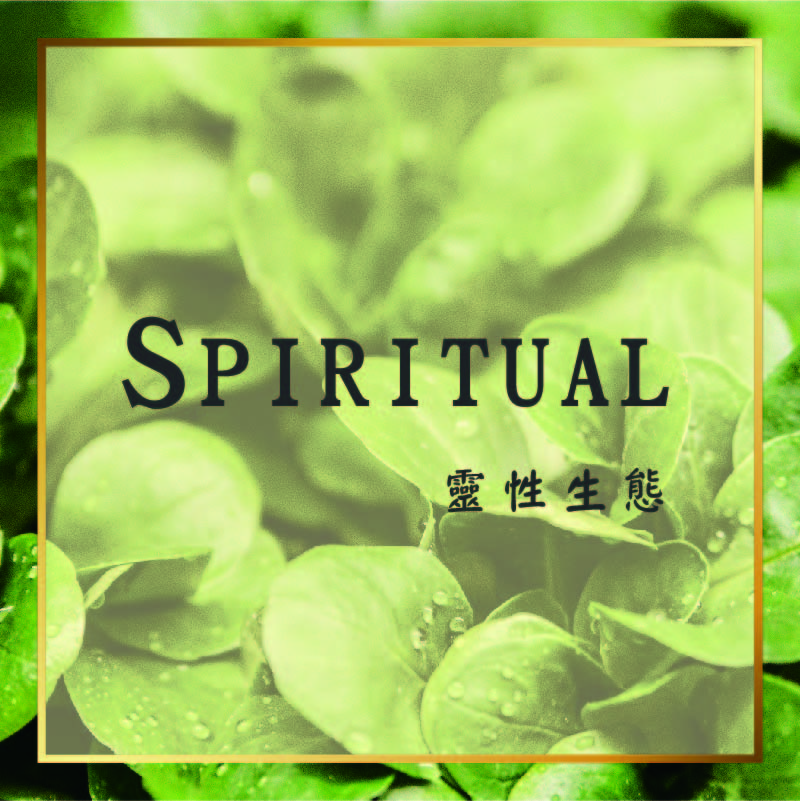
Mind in Tranquility: Peaceful Coexistence of Spirituality and Ecology
 The mind has the potential to actualize peace; when the mind is unsettled, peace cannot be found anywhere. Yet when the mind is at peace, then peace can unfold everywhere. Therefore, one must discover from within that every being embodies the truth, and this truth constitutes the recognition that we, together with all forms of life, comprise an entity of interdependence. A peaceful mind enables connection with all sentient beings in harmony. Peace, properly understood, requires mutual loving-kindness, allowing love to be universally present, inclusive, and coexisting.
The mind has the potential to actualize peace; when the mind is unsettled, peace cannot be found anywhere. Yet when the mind is at peace, then peace can unfold everywhere. Therefore, one must discover from within that every being embodies the truth, and this truth constitutes the recognition that we, together with all forms of life, comprise an entity of interdependence. A peaceful mind enables connection with all sentient beings in harmony. Peace, properly understood, requires mutual loving-kindness, allowing love to be universally present, inclusive, and coexisting.
In our contemporary era of information bombardment, younger generations particularly require guidance. We must guide them toward positive, proactive, optimistic, and loving lives, enabling them to find life’s purpose and direction amidst the chaotic deluge of information, thereby pursuing a purposeful path in life that contributes beneficially to humanity, the world, and society.
 The ecological warming of our planet has become increasingly severe. Polar ice caps are melting, the four seasons are becoming less distinct, and climatic disruption prevents vegetation growth, resulting in food shortages. Furthermore, the escalating threat of potential nuclear warfare could devastate not only the planet but also ecosystems and humanity itself. Humanity must therefore awaken to the critical importance of ecological sustainability as early as possible, ensuring the stability of the land we depend on for survival. Only through ecological sustainability can all beings sustain their lives and thrive.
The ecological warming of our planet has become increasingly severe. Polar ice caps are melting, the four seasons are becoming less distinct, and climatic disruption prevents vegetation growth, resulting in food shortages. Furthermore, the escalating threat of potential nuclear warfare could devastate not only the planet but also ecosystems and humanity itself. Humanity must therefore awaken to the critical importance of ecological sustainability as early as possible, ensuring the stability of the land we depend on for survival. Only through ecological sustainability can all beings sustain their lives and thrive.
 Therefore, we must come to this awakening: without spirituality, ecology cannot flourish. Spirituality gives rise to all beings, and this spirituality is none other than our Buddha-nature. To achieve ecological sustainability, we must understand ecology's intrinsic value, which requires respecting the intrinsic value of all beings, embracing the space for coexistence, and together building a world of shared fulfillment.
Therefore, we must come to this awakening: without spirituality, ecology cannot flourish. Spirituality gives rise to all beings, and this spirituality is none other than our Buddha-nature. To achieve ecological sustainability, we must understand ecology's intrinsic value, which requires respecting the intrinsic value of all beings, embracing the space for coexistence, and together building a world of shared fulfillment.
Spiritual ecology is the work of loving the earth and loving life. Thus, peace begins with ensuring the peaceful survival of life itself, preventing the extinction of living beings. The Museum of World Religions begins by respecting diverse religions and embracing various ethnic groups, extending ultimately to universal love for all life—embodying the motto of “respect, tolerance, and love,” which constitute our shared religious objectives. Our subsequent endeavor involves cultivating respect for ecology, striving for the ecological systems to remain peaceful and are respected. Only through ecological preservation can our lives continue to exist—this constitutes life peace, and this is the fundamental mission of the University for Life and Peace.


